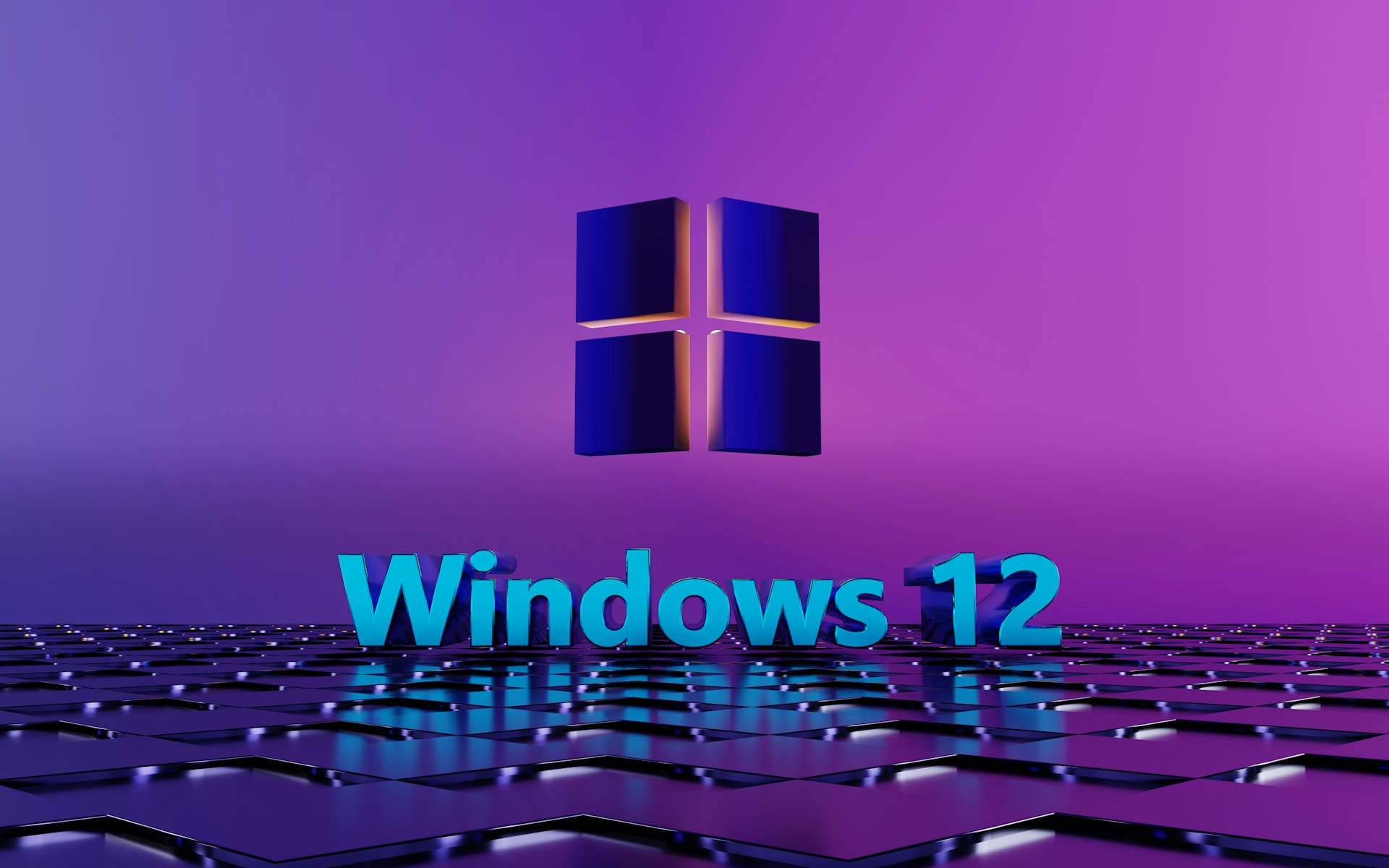Transforming Learning: The Proven Impact of Gamified Quizzes on Student Engagement and Achievement

Photo by Yosi Prihantoro on Unsplash
Introduction: Why Gamified Quizzes Matter in Modern Education
Gamified quizzes-digital assessments enhanced with elements such as points, badges, leaderboards, and instant feedback-are rapidly changing how educators engage students. By intertwining game design principles with curriculum delivery, these tools foster active participation, self-directed learning, and measurable improvement in academic achievement. This article provides a comprehensive look at the impact of gamified quizzes in learning, supported by recent research, real-world examples, and actionable guidance for educators and institutions.
How Gamified Quizzes Enhance Motivation and Engagement
One of the most significant benefits of gamified quizzes is their ability to boost student motivation and engagement . Incorporating elements like point scoring, competition, and visual progress bars transforms learning into an interactive experience. For instance, a survey of 124 students revealed that nearly 68% felt more motivated and engaged when using gamified learning platforms compared to traditional methods [3] . This heightened engagement leads to increased participation in class activities and greater willingness to complete assignments.
Platforms such as Kahoot and Quizizz have demonstrated particular success. Research comparing these tools found students more actively monitored their progress and participated in learning activities, resulting in improved metacognition and self-directed learning [1] .
Improving Feedback and Self-Directed Learning
Instant feedback is a cornerstone of effective learning, and gamified quizzes excel in this area. By providing immediate responses to answers, students can promptly identify gaps in their understanding and adjust their study strategies accordingly. Studies show that platforms like Quizizz offer more effective feedback than Kahoot, empowering students to actively monitor their progress and promoting self-directed learning [1] .
This feedback loop encourages metacognition-a learner’s ability to evaluate and regulate their own learning process. As a result, students gain confidence in their abilities and develop the skills needed for lifelong learning.
Measurable Gains in Learning Outcomes and Knowledge Retention
Gamified quizzes not only make learning more enjoyable but also deliver measurable academic benefits. A comprehensive meta-analysis found a significant overall effect size (0.822) for gamification on student learning outcomes, indicating strong potential for improving achievement across educational settings [4] .
Research from the Federation of American Scientists highlights the dramatic impact on memory and recall: students retained 90% of what they learned when actively engaged in gamified learning compared to only 20% retention from traditional lectures [3] . In another case, a gamified course with levels, badges, and feedback systems led to a 300% increase in homework completion rates .
Developing Critical Thinking and Problem-Solving Skills
Beyond rote learning, gamified quizzes foster critical thinking and problem-solving . Research shows that students who engage in gamified assessments are more likely to apply newly acquired concepts in practical scenarios, enhancing their ability to analyze, synthesize, and evaluate information [5] . This approach encourages deeper learning, helping students move beyond memorization to true understanding.
Real-World Examples and Case Studies
Multiple educational institutions have reported positive outcomes from implementing gamified quizzes. For example:
- Online Travel Training (OTT) saw a 65% increase in user engagement and a 300% uplift in online activity after introducing gamified elements to its training modules [3] .
- Medical education programs using gamified modules reported improved attitudes toward challenging subjects, increased self-efficacy, and greater cognitive competency among students [2] .
Step-by-Step Implementation Guidance for Educators
To successfully integrate gamified quizzes into your learning environment, consider the following steps:

Photo by Mohamed Marey on Unsplash
- Define clear learning objectives : Identify the specific skills and knowledge you want students to master through gamified assessments.
- Select the right platform : Evaluate tools like Kahoot, Quizizz, or other verified educational platforms. Review user feedback and feature sets to ensure they meet your instructional needs.
- Design engaging content : Create quizzes that incorporate compelling visuals, narrative elements, and opportunities for collaboration or competition.
- Provide instant, actionable feedback : Ensure students receive immediate insights into their performance, including explanations for correct and incorrect answers.
- Track progress with analytics : Use built-in analytics dashboards to monitor participation, accuracy, and improvement over time.
- Iterate and improve : Collect feedback from students and adjust quiz content and design to maximize engagement and learning outcomes.
For educators seeking more advanced features, consult official documentation and support channels of the chosen platform. You can also connect with professional learning communities or your institution’s instructional technology department for additional resources and best practices.
Potential Challenges and Solutions
While the benefits are clear, some challenges may arise during implementation:
- Overemphasis on competition : Excessive focus on leaderboards can discourage less competitive students. To address this, balance competitive elements with opportunities for collaboration and personal progress tracking.
- Equity and accessibility concerns : Ensure all students have equal access to digital devices and internet connectivity. For those facing barriers, provide alternative formats or paper-based options.
- Design fatigue : Gamified quizzes must remain fresh and relevant. Rotate question types, themes, and challenge levels to sustain interest.
Educators should regularly solicit feedback and adjust approaches accordingly to maintain positive engagement and inclusivity.
Alternative Approaches to Gamified Learning
While quizzes are a popular gamification strategy, other approaches include:
- Badges and achievements for completing modules or demonstrating mastery.
- Role-playing simulations that immerse students in real-world scenarios.
- Collaborative games that promote teamwork and communication.
Institutions may explore blended learning environments, combining online and offline gamification techniques to reach diverse learners.
Key Takeaways and Next Steps
Gamified quizzes are a powerful tool for enhancing student engagement, motivation, and learning outcomes. When thoughtfully implemented, they offer instant feedback, promote self-directed learning, and nurture critical thinking. To access these benefits, educators can:
- Research and choose a verified gamification platform suitable for their needs.
- Participate in professional development workshops focused on educational technology.
- Consult official resources from established educational organizations and academic journals.
If you are an educator or administrator seeking to integrate gamified quizzes into your curriculum, consider searching for “educational gamification best practices” on reputable education technology websites or academic databases. Many universities and professional teaching organizations offer webinars, tutorials, and support forums to guide successful implementation.
References
- [1] Maraza-Quispe, B. (2024). A Study with Kahoot and Quizizz in the Educational Context. International Journal of Information and Education Technology.
- [2] Khoshnoodifar, M. (2023). Effectiveness of Gamification in Enhancing Learning. Journal of Advances in Medical Education & Professionalism.
- [3] Axon Park (2024). How Effective is Gamification in Education? 10 Case Studies and Examples.
- [4] Li, M. (2023). Examining the effectiveness of gamification as a tool. Frontiers in Psychology.
- [5] Zeng, J. (2024). Exploring the impact of gamification on students’ academic performance. British Journal of Educational Technology.
MORE FROM findsun.net













